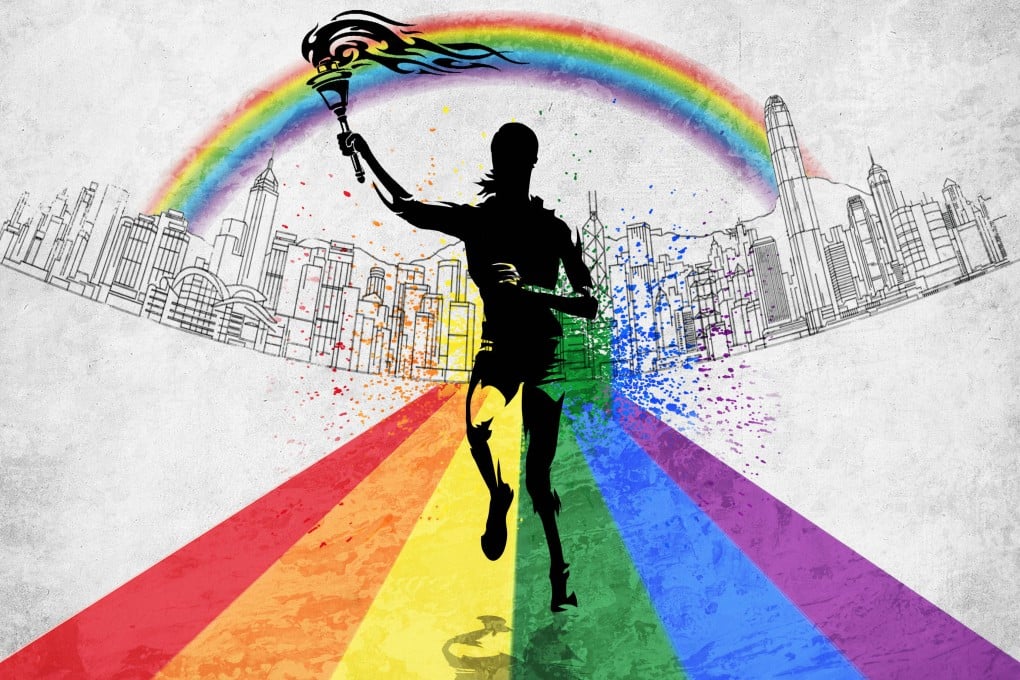How Hong Kong’s Gay Games stumbled in sprint towards finishing line but still made ‘history’
- Delayed by Covid, hobbled by evaporating government support and embroiled in political controversy, Gay Games overcame huge hurdles to launch at weekend
- While some lawmakers and critics say event will undermine traditional Chinese family values, organisers call it milestone in long fight for recognition

Hongkonger Ally Chan Suet-yu has been open about her sexual orientation with her friends, classmates and colleagues, but the 27-year-old has so far refused to tell her parents she is a lesbian.
“I know that they won’t accept me,” said Chan, who left her job as a financial analyst to pursue a master’s degree in fine arts at Baptist University.
“This event is a big deal for Hong Kong,” said Chan, who will compete in the mahjong event. “I want to show others that we are just normal people who want to be ourselves.”

But the road to the opening ceremony in Wan Chai’s Queen Elizabeth Stadium last Saturday has been far from smooth. About 2,400 participants from 45 jurisdictions are competing across 18 events, far short of the roughly 15,000 athletes, more than 100 places and 36 sports first envisioned.
And while the economic impact of the first Games to be held in Asia will only become clear after they end on November 11, the final figure is almost certain to be well below the HK$1 billion (US$128 million) initially estimated.